Conflict of Interest? Samuel Alito's Wife Leased 160 Acres of Land to Oil and Gas Firm While SCOTUS Judge Fought EPA
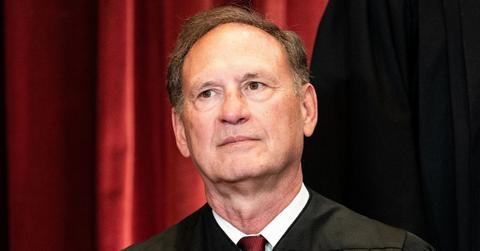
June 26 2023, Published 4:25 p.m. ET
Supreme Court Justice Samuel Alito’s wife reportedly leased 160 acres of Oklahoma land to an oil and gas extraction company last year, RadarOnline.com has learned.
In a concerning development to come as conservative SCOTUS judges are under scrutiny for potential conflicts of interest while serving on the highest court in the United States, it was revealed that Martha Ann Bomgardner Alito leased a 160-acre plot of land to Citizen Energy III in June 2022.
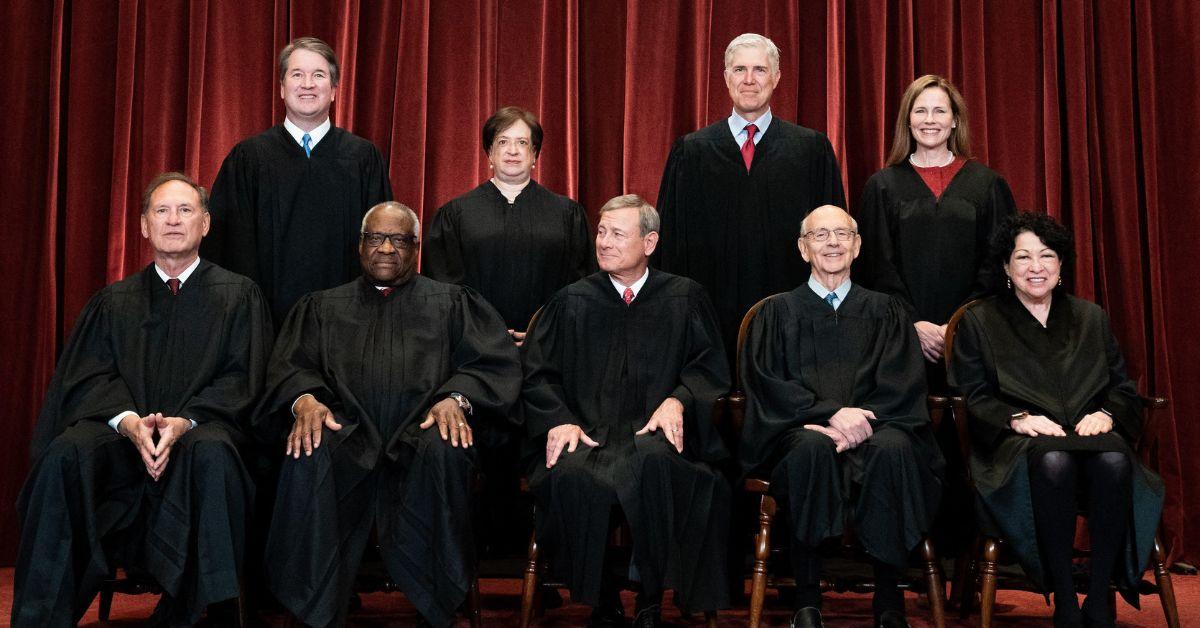
Even more concerning are reports that the lease agreement was made while Justice Alito was fighting the United States Environment Protection Agency (EPA) in the Supreme Court.
That is the shocking revelation shared by the Intercept in a bombshell report published on Monday.
According to the Intercept’s report, Alito’s wife agreed to let Citizen Energy III extract oil and gas from the 160-acre plot of land in Grady County, Oklahoma, in exchange for “3/16ths of all the money it makes from oil and gas sales.”
Before the activation of the lease agreement with Citizen Energy III, Alito's financial disclosures reportedly valued his wife’s "mineral interests" at between $100,001 to $250,000.
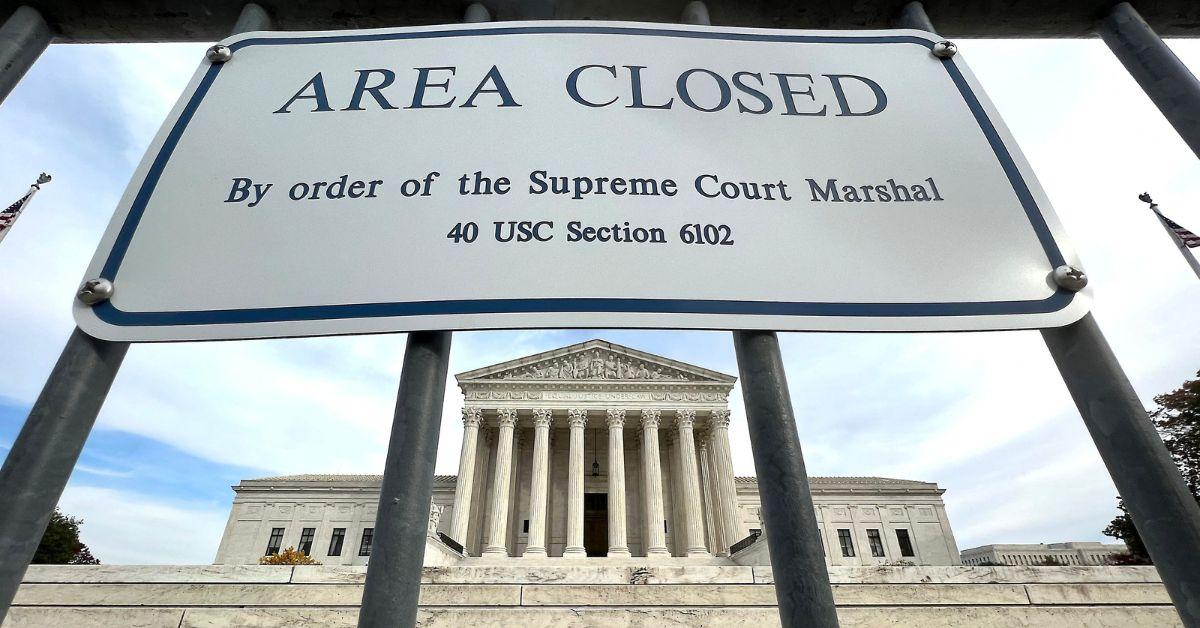
Justice Alito's past rulings in environmental cases, such as Sackett v. EPA, have also raised concerns about his stance on fossil fuels and the environment – particularly now that his wife’s lease agreement with Citizen Energy III has been exposed.
Alito's majority opinion in Sackett v. EPA was said to have dramatically affected the Clean Water Act by scaling back the anti-water pollution act’s mandate by tens of millions of acres of land.
Justice Alito’s position in the case was reportedly backed by the American Gas Association, the American Petroleum Institute, and the Liquid Energy Pipeline Association.
“There need not be a specific case involving the drilling rights associated with a specific plot of land for Alito to understand what outcomes in environmental cases would buttress his family’s net wealth,” Jeff Hauser, the founder and director of the watchdog group the Revolving Door Project, told the Intercept this week regarding this latest development.
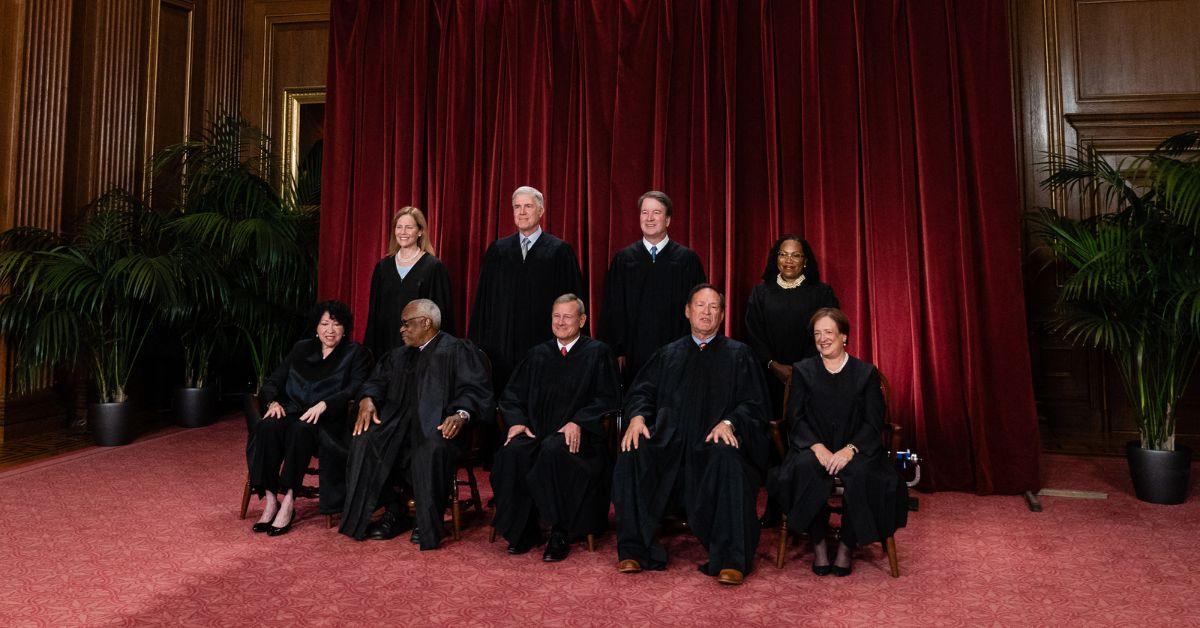
“Alito does not have to come across like a drunken Paul Thomas Anderson character gleefully confessing to drinking our collective milkshakes in order to be a real life, run-of-the-mill political villain,” Hauser added.
As RadarOnline.com reported, the revelation came just days after it was revealed the SCOTUS judge secretly accepted a luxury fishing trip from hedge fund billionaire Paul Singer in 2008.
It was further revealed that Singer’s hedge fund appeared before the Supreme Court ten different times between the secret fishing trip in 2008 and a case involving $2.4 billion in 2014. Justice Alito did not recuse himself from any of the ten proceedings.
“I had no obligation to recuse in any of the cases that ProPublica cites,” Alito wrote in a Wall Street Journal opinion piece after the damning 2008 trip was exposed last week. “First, even if I had been aware of Mr. Singer’s connection to the entities involved in those cases, recusal would not have been required or appropriate.”
Never miss a story — sign up for the RadarOnline.com newsletter to get your daily dose of dope. Daily. Breaking. Celebrity news. All free.
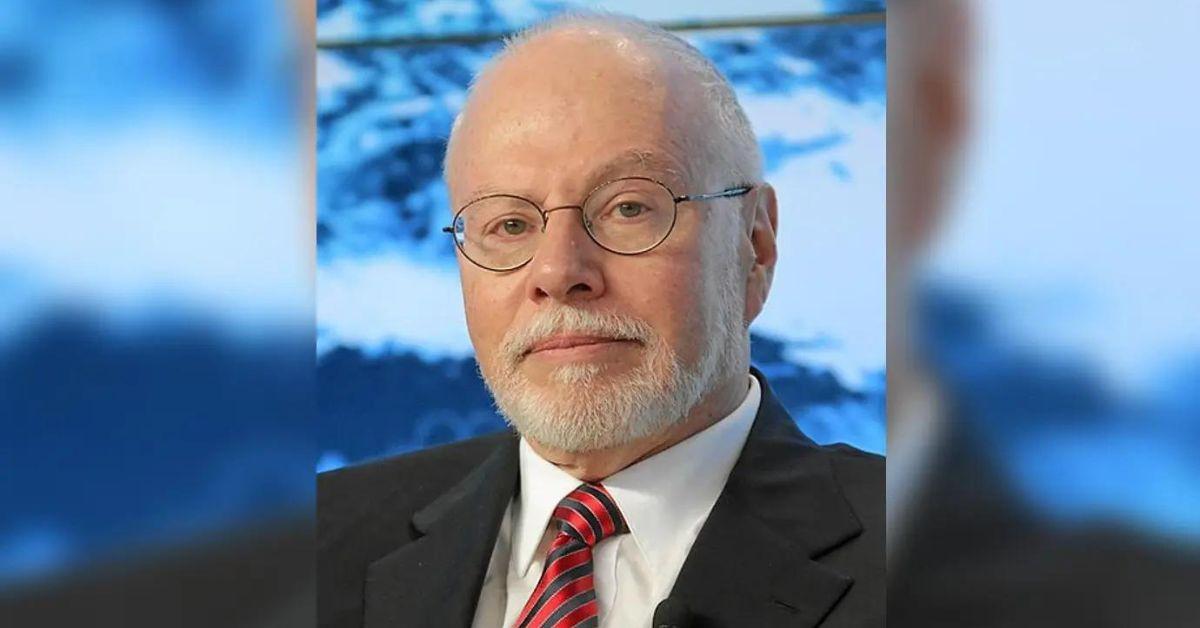

“ProPublica suggests that my failure to recuse in these cases created an appearance of impropriety, but that is incorrect,” he added.
Meanwhile, Justices Clarence Thomas, John Roberts, and Neil Gorsuch have also recently come under scrutiny for a series of similar potential conflicts of interest while serving on the Supreme Court.



